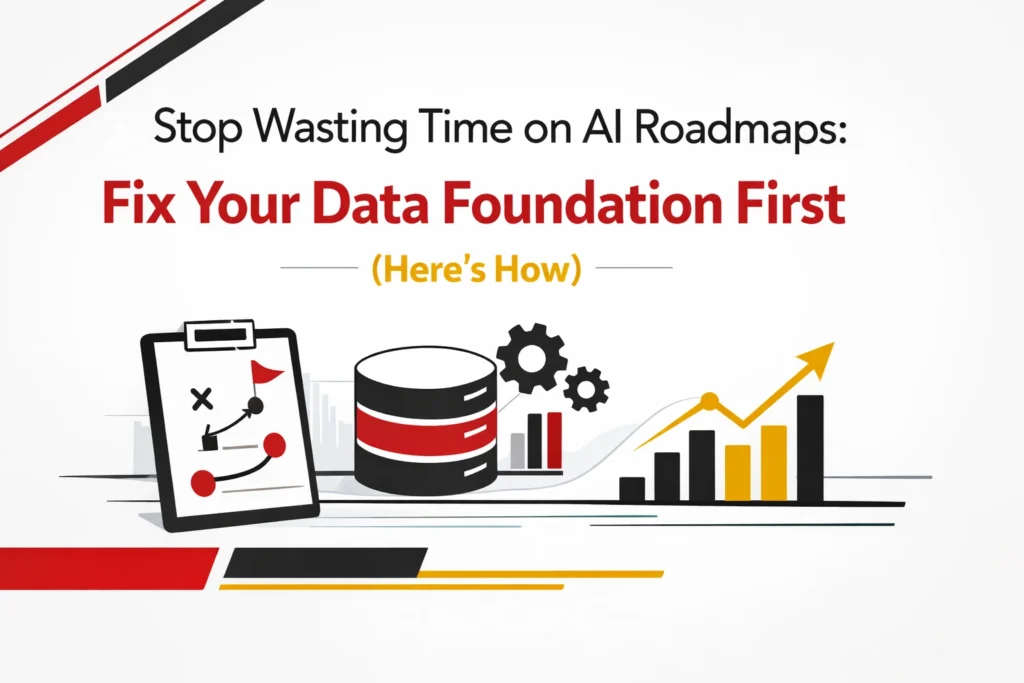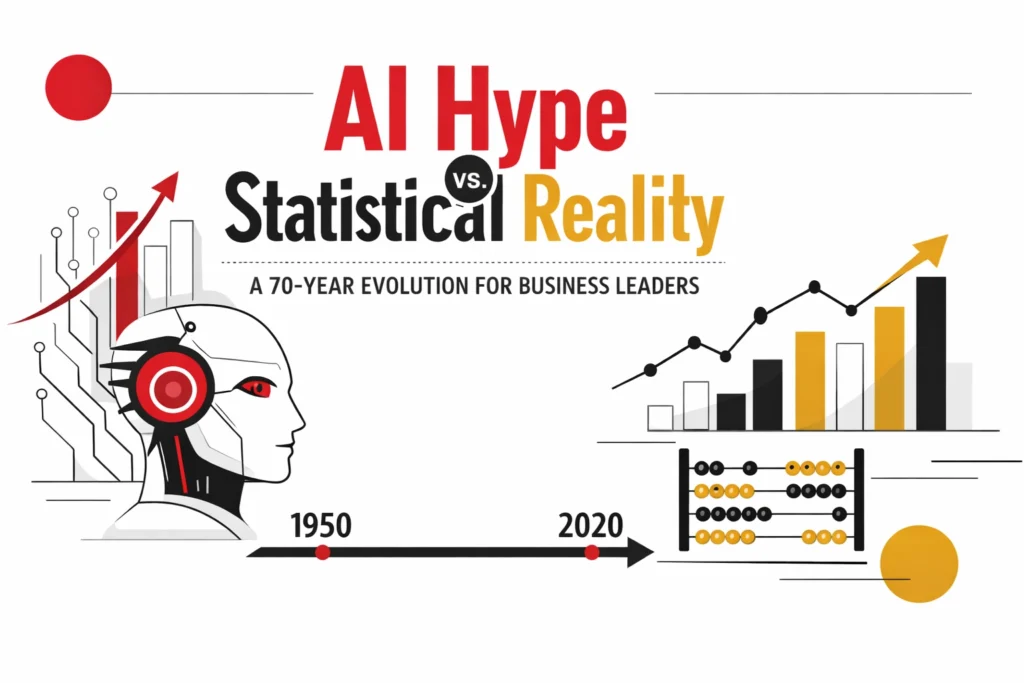In today’s rapidly evolving healthcare landscape, patient outcomes optimization is a top priority for healthcare providers worldwide. With advancements in data analytics, including econometrics, machine learning, and artificial intelligence (AI), healthcare organizations now have powerful tools at their disposal to drive significant improvements in patient care delivery. In this blog, we’ll explore how these techniques can optimize patient outcomes and why this is crucial for the future of healthcare.
Understanding Patient Outcomes Optimization
Patient outcomes refer to the results of healthcare interventions and treatments, including improvements in health status, quality of life, and satisfaction with care. Optimizing patient outcomes involves ensuring that patients receive the most effective treatments and interventions tailored to their individual needs, leading to improved health outcomes and overall well-being.
The Role of Econometrics
Econometrics, a branch of economics that applies statistical methods to analyze economic data, plays a crucial role in healthcare by helping to identify factors that influence patient outcomes. By analyzing large healthcare datasets, econometric models can uncover relationships between patient characteristics, treatments, and outcomes, enabling healthcare providers to identify best practices and make evidence-based decisions.
For example, econometric analysis can help healthcare organizations identify interventions that lead to better patient outcomes while controlling costs. By examining factors such as treatment effectiveness, patient demographics, and healthcare utilization patterns, econometric models can provide valuable insights into the most efficient allocation of resources to improve patient outcomes across diverse patient populations.
The Power of Machine Learning
Machine learning, a subset of artificial intelligence that enables computers to learn from data and make predictions, offers exciting opportunities for optimizing patient outcomes. By analyzing vast amounts of healthcare data, including electronic health records, medical imaging, and genetic information, machine learning algorithms can identify patterns and trends that human analysts may overlook.
One area where machine learning excels is in predictive analytics for patient risk stratification. By analyzing patient data, including clinical history, demographic information, and biomarkers, machine learning models can predict which patients are at high risk of adverse health events or complications. Healthcare providers can then intervene proactively, implement targeted interventions, and allocate resources more effectively to prevent avoidable hospitalizations and improve patient outcomes.
AI-driven Personalized Medicine
Artificial intelligence is revolutionizing the field of personalized medicine by enabling healthcare providers to tailor treatments and interventions to individual patients based on their unique characteristics and needs. AI algorithms can analyze genetic data, medical history, and other relevant information to identify optimal treatment strategies that maximize efficacy while minimizing side effects and risks.
For example, AI-powered decision support systems can assist healthcare providers in selecting the most appropriate treatment options for patients based on their genetic profile, disease characteristics, and other factors. By personalizing treatment plans, AI-driven approaches can improve treatment adherence, reduce adverse events, and ultimately enhance patient outcomes.
Why Patient Outcomes Optimization Matters
Optimizing patient outcomes is not only essential for improving individual patient health but also for enhancing the overall quality and efficiency of healthcare delivery. By focusing on patient-centered care and striving to achieve the best possible outcomes for every patient, healthcare organizations can:
- Improve Quality of Care: By implementing evidence-based practices and personalized treatment approaches, healthcare providers can ensure that patients receive the most effective and appropriate care tailored to their needs, leading to better health outcomes and increased patient satisfaction.
- Reduce Healthcare Costs: By identifying interventions that lead to better outcomes and avoiding unnecessary treatments or hospitalizations, healthcare organizations can reduce healthcare costs and improve the efficiency of healthcare delivery.
- Enhance Population Health: By improving patient outcomes at the individual level, healthcare organizations can also contribute to better population health outcomes by reducing the burden of disease, preventing complications, and promoting wellness across communities.
In conclusion, leveraging econometrics, machine learning, and AI to optimize patient outcomes represents a significant opportunity for healthcare organizations to improve the quality, efficiency, and effectiveness of healthcare delivery. By harnessing the power of data analytics and innovative technologies, healthcare providers can deliver personalized, evidence-based care that maximizes patient outcomes and enhances the overall well-being of individuals and communities alike.







